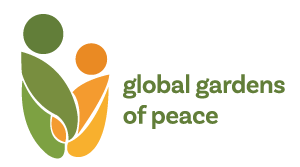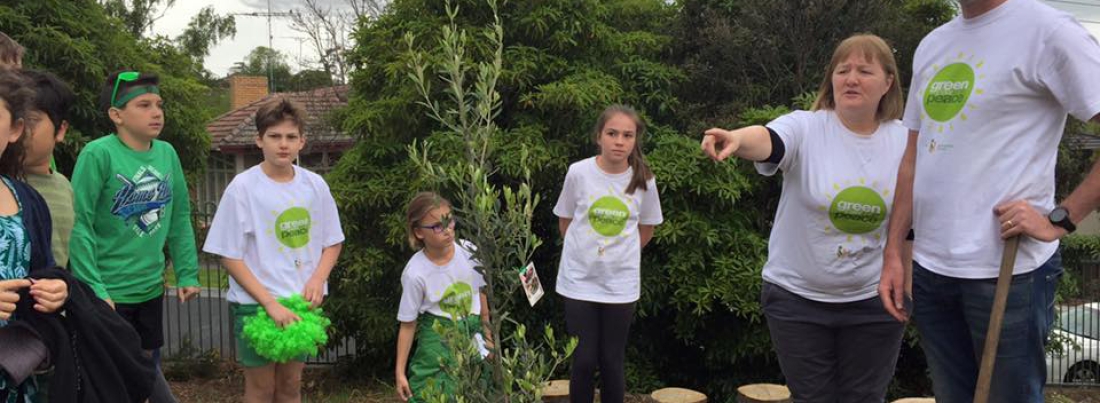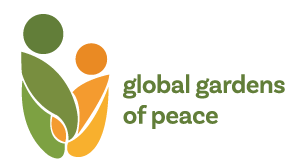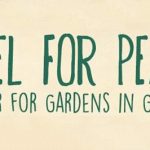About Moira Kelly
“All you need is a sense that there is no such thing as ‘no’ and everything is possible”
Bo rn in 1964, Moira commenced her selfless contributions to the less fortunate at the very young age of 13. At the age of 20 she left home and went and worked with Aboriginal children in Western Australia.
rn in 1964, Moira commenced her selfless contributions to the less fortunate at the very young age of 13. At the age of 20 she left home and went and worked with Aboriginal children in Western Australia.
At 22, Moira worked alongside Mother Theresa in Calcutta and on returning to Australia worked with AIDS sufferers and established a “special unit” for boys with behavioural problems at Sutherland Homes.
At 26, Moira travelled to Botswana where she worked with the Kalahari bushmen on a self-help project then travelled on to Johannesburg and New York.
While overseas, Moira worked with some of the world’s most least fortunate people. She has carried out large scale humanitarian projects and has been there to assist desperate and sick individuals in Johannesburg, the Bronx (USA), Romania, Bosnia and Albania. She has set up soup kitchens, refugee camps, dental clinics, schools, managed an AIDS hospital and adult education programs. Moira has been recognised with many community, national and international awards for her humanitarian work.
In 1989 at just 25 she was awarded a Queen’s Trust Achiever Award and the Victoria Young Achiever Award for Community Service. In 1994, Moira was awarded the inaugural Sir Edward Dunlop Award for humanitarian service and in 1995 Moira’s efforts in Bosnia were honoured by a meeting with the Queen at Buckingham Palace. In 2001, Moira received a number of national and international awards for her incredible work. She was awarded the White Flame Award given by Save the Children to recognise outstanding service to disadvantaged children. She also was one of 10 people recognised internationally for their contribution to the world. In Australia, Moira received the Prime Minister’s Award for outstanding community service and was made an Officer (AO) in the General Division of the Order of Australia in recognition of her “outstanding service to the Australian community through the provision of social support and service for disadvantaged people, and to the international community through the provision of humanitarian relief and assistance and the organisation of medical treatment for those affected by war or insurrection”.
In 2003, and again in 2004, she was honoured by being nominated for Australian of the Year. Moira’s work has been the subject of three documentaries; ‘A Compassionate Rage’; ‘Brothers in Arms’; and Foreign Correspondent. Her work has been acknowledged internationally and carries on today through the Children First Foundation.
